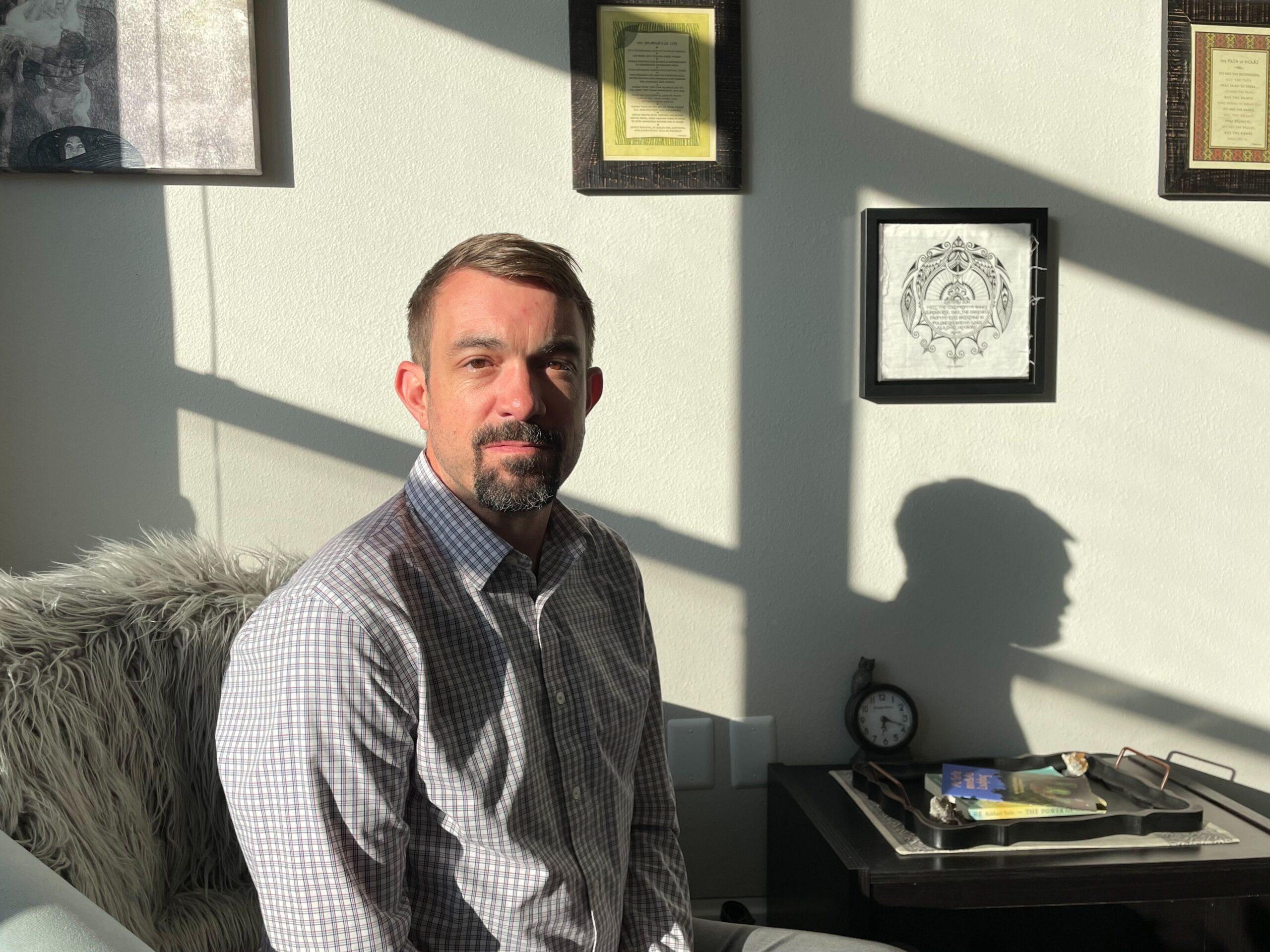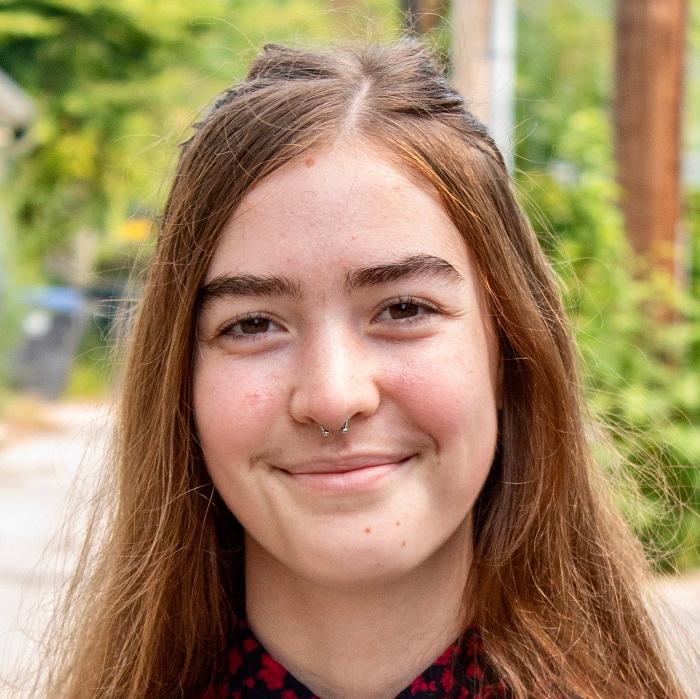
On a sunny day in Fort Collins, Rob Colbert’s therapy office was filled with light, succulents soaking up the rays on the windowsill. Inside were all the things you might expect – a couch for clients, a chair opposite it, a box of tissues in the middle. He keeps the space simple – but what happens there is pretty rare.
As a part of their ongoing therapy, Colbert guides clients through ketamine experiences to address conditions like depression and anxiety.
“(This type of) therapy is invoking difficulty. We're actually kind of looking toward some of the more challenging things that go on in our life,” he explained. “In a way, we're trying to come up with new ways that we can approach that.”
Some research suggests that mind-altering compounds can provide benefits for people dealing with a range of psychological conditions. But currently, ketamine-assisted sessions are about the closest therapists in Colorado can get to using psychedelics into their practice.
“My 19-year-old inner child always kind of pinches himself,” said Colbert about the ability to practice ketamine-assisted therapy. “It's like, ‘Can you believe that you get to do this?’ But it's wonderful, because I get to see the real transformation in client's lives.”
There’s some debate about whether to call ketamine a psychedelic – it’s technically an anesthetic that can trigger hallucinogenic experiences – but therapists can risk their licenses and possible arrest if they incorporate anything else.
Proposition 122 could change that. If passed, it would create a legal model for people to consume psilocybin mushrooms in regulated facilities under the supervision of a trained guide. It would also decriminalize a number of other psychedelics for personal use, but leave it up to the state on whether to legalize them later on.
Colbert said he’s excited about other psychedelics possibly being on the horizon. He believes these compounds have the potential to provide even more tools to clients.
But he’s torn on Prop 122. He worries that many who could benefit from this treatment may not feel comfortable going to regulated facilities, especially people of color, who can face medical racism and stigma when seeking mental health services.
Other practitioners don’t think that a clinical setting is the right space for psilocybin in general. Dori Lewis, who runs an office for ketamine-integrated therapy, stresses that not all psychedelics are the same.
“I think psilocybin is best done in ceremony, to be honest,” she said. “Ketamine is a Western drug. We can do it in the Western Way. I think we want to look at where these medicines come from.”

She fears that the legal framework created by Prop. 122 would not respect the spiritual significance that some tribes and communities have with these psychedelics – in particular, psychedelic mushrooms have a long ritual history in many Mesoamerican cultures. Lewis said she learned their power from a healer in the Zapotec tribe.
“There are some specific traditions and practices that really support the experience with those medicines,” she said. “Unless you have some training and understanding of that, I think that it really limits the extent to how much somebody's going to get out of it.”
The act leaves the details of implementation — including the specifics of training and license requirements — to regulators, with a governor-appointed board to advise them. One seat would be dedicated to someone who has knowledge of “traditional Indigenous use” of these psychedelics, according to the initiative text.
But with most of these decisions far out in the future – and the decision-makers not yet chosen – potential practitioners have a lot of questions. That’s the case for Jennifer Tippett, who takes on Colorado clients for ketamine-integrated therapy.
“Who's going to now decide what counts as training,” said Tippett. “The questions just within our field of psychedelic medicine itself have really yet to be answered.”
Tippett said she loves the idea of Prop. 122, but believes that there’s more to be figured out. Yet at the same time that practitioners and researchers are trying to resolve these questions, she said the number of people who want to try psychedelics, with or without a therapist, is increasing. And as psilocybin gets more popular, it’s been difficult to turn people away.
“Not only can I not prepare people for the thing they're thinking of doing, which could be a big intense experience, I also can't help them figure out a responsible place to go,” she said.
As Election Day gets closer, Prop. 122 has some whose work might be changed by its passage feeling caught in the middle – on the one hand, wanting to provide safe access to psychedelics, and on the other, wondering whether this initiative is the way to do it.
The decision will be up to the voters of Colorado, who can cast their ballots until Nov. 8.









